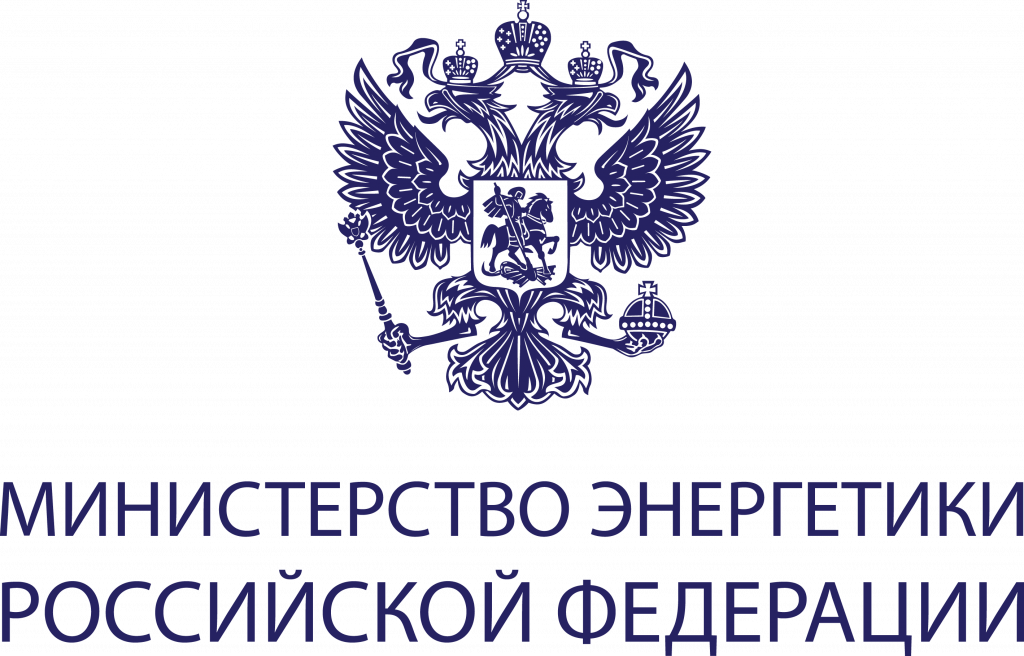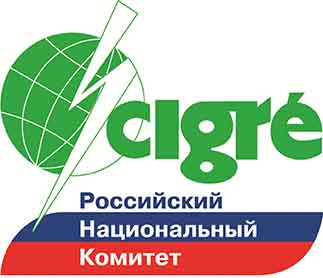Вопросы развития инфраструктуры как фактора роста экономики и уровня жизни граждан обсудят на РЭН
Одной из главных тем обсуждения на Международном форуме «Российская энергетическая неделя» станет развитие инфраструктуры для роста экономики и уровня жизни граждан.
К участию в пленарной сессии, которая будет посвящена этому вопросу, приглашены заместитель Председателя Правительства РФ Дмитрий Козак, мэр г. Москвы Сергей Собянин, генеральный директор – Председатель правления ОАО «Российские железные дороги» Олег Белозёров, президент, Председатель правления ПАО Сбербанк Герман Греф, генеральный директор ПАО «Россети» Павел Ливинский, а также исполнительный вице-президент по промышленности, член правления Schneider Electric Петер Хервек. Модератором сессии выступит телеведущий, заместитель директора, ГТК «Телеканал „Россия“», президент Институт Беринга – Беллинсгаузена по изучению обеих Америк Сергей Брилев.
Необходимость развития инфраструктуры страны отражена в майском указе Президента РФ Владимира Путина как приоритетная задача на ближайшие годы. От состояния инфраструктуры напрямую зависит жизнеспособность социально-экономической среды страны и ее регионов.
«Развитие Московского транспортного узла имеет ключевое значение для столицы, для экономики Москвы и России в целом, потому что 26% суммарного ВРП всех регионов страны – это Московская агломерация. При этом важно синхронизировать все масштабные транспортные проекты, чтобы они работали максимально эффективно», — подчеркивает мэр Москвы Сергей Собянин.
В рамках сессии руководители инфраструктурных компаний поделятся первыми итогами уже реализованных проектов и обозначат приоритеты на ближайшее будущее. Так, проект плана развития магистральной инфраструктуры РФ предусматривает расходы в размере 6,8 трлн рублей с 2019 по 2024 годы. Основной статьей расходов, предусмотренных на реализацию плана, станет транспортная инфраструктура. Планируется реализовать проекты по развитию транспортных коридоров «Запад – Восток» и «Север – Юг» для перевозки грузов, повышение уровня экономической связанности территории РФ через расширение и модернизацию железнодорожной, авиационной, автодорожной, морской и речной инфраструктуры.
Важным целевым показателем плана является гарантированное обеспечение доступной электроэнергией на территории страны, в том числе, за счет электрификации транспортных коридоров «Запад – Восток» и «Север – Юг», включая БАМ и Транссиб, во взаимосвязи с развитием транспортной инфраструктуры. Кроме того, предстоит обеспечить устойчивое энергоснабжение потребителей в удаленных регионах, прежде всего в Крыму, г. Севастополе, Калининградской области, субъектах Дальневосточного федерального округа, а также развитие распределенной генерации, в том числе с помощью возобновляемых источников энергии.
В сфере энергообеспечения также необходимо внедрить интеллектуальные системы управления электросетевым хозяйством на базе цифровых технологий.
«Наша основная задача – обеспечивать энергетическую безопасность страны. Для этого мы не только должны поддерживать в рабочем состоянии электросетевые активы и квалификацию персонала на высоком уровне, но и постоянно внедрять передовые и инновационные решения, которые заложат основу стабильной работы инфраструктуры на десятилетия вперед. Мы рады, что у нас есть возможность обсудить первые результаты и дальнейшие перспективы реализации нашей стратегии цифровизации с профессиональными участниками рынка на Российской энергетической неделе», – прокомментировал участие группы компаний «Россети» в форуме генеральный директор компании Павел Ливинский.
* * *
Russian Energy Week to address infrastructure development as a factor for economic growth and improving living standards
One of the main discussion topics during the Russian Energy Week International Forum will be the development of infrastructure as a way to grow the economy and improve people’s living standards.
Russian Deputy Prime Minister Dmitry Kozak, Moscow Mayor Sergei Sobyanin, Russian Railways CEO and Chairman of the Management Board Oleg Belozerov, Sberbank CEO and Chairman of the Executive Board Herman Gref, Rosseti Director General Pavel Livinsky, and Schneider Electric Executive Vice President for Industry Business and Member of the Executive Board Peter Herweck have been invited to take part in a plenary session devoted to this issue. The session will be moderated by TV host and Deputy Director of the Rossiya television channel and President of the Bering-Bellingshausen Institute Sergey Brilev.
The need to develop the country’s infrastructure is reflected in the May decree issued by Russian President Vladimir Putin as a priority task for the coming years. The viability of the socioeconomic environment of the country and its regions directly depends on the condition of infrastructure.
“The development of the Moscow transport hub is of key importance for the capital and for the economy of Moscow and Russia as a whole because the Moscow metropolitan area accounts for 26% of the total GRP of all the country’s regions. At the same time, it is essential to synchronize all large-scale transport projects so that they work as efficiently as possible”, Sobyanin said.
During the session, the leaders of infrastructure companies will share the first results of projects that have already been implemented and identify priorities for the near future. In particular, the draft plan for the development of the Russian Federation’s core infrastructure provides for expenditures of RUB 6.8 trillion over the period from 2019 to 2024. Transport infrastructure will make up the lion’s share of the expenditures that are earmarked under the plan. Projects will be implemented to develop the West–East and North–South transport corridors for cargo transportation and increase of level of economic cohesion between the territories of the Russian Federation through the expansion and modernization of railway, aviation, road, sea, and river infrastructure.
A key target of the plan is to guarantee affordable electricity in the country, including through the electrification of the West–East and North–South transport corridors, including the Baikal-Amur Mainline and the Trans-Siberian Railway, in conjunction with the development of transport infrastructure. In addition, stable energy supplies need to be provided to consumers in remote regions, particularly in Crimea, Sevastopol, the Kaliningrad Region, and the regions of the Far Eastern Federal District, and well-distributed energy generation needs to be developed, including through renewable energy sources.
Intelligent systems also need to be introduced for power supplies in order to manage electric grid facilities based on digital technologies.
“Our main goal is to ensure the country’s energy security. To this end, we not only need to maintain the power grid assets and staff qualifications at a high level, but also constantly introduce advanced and innovative solutions that will lay the foundation for the stable operation of infrastructure for decades to come. We are glad that we have an opportunity to discuss the first results and further prospects for the implementation of our digitalization strategy with professional market participants during Russian Energy Week”, Rosseti Director General Pavel Livinsky said in comments on his company’s participation in the forum.





















